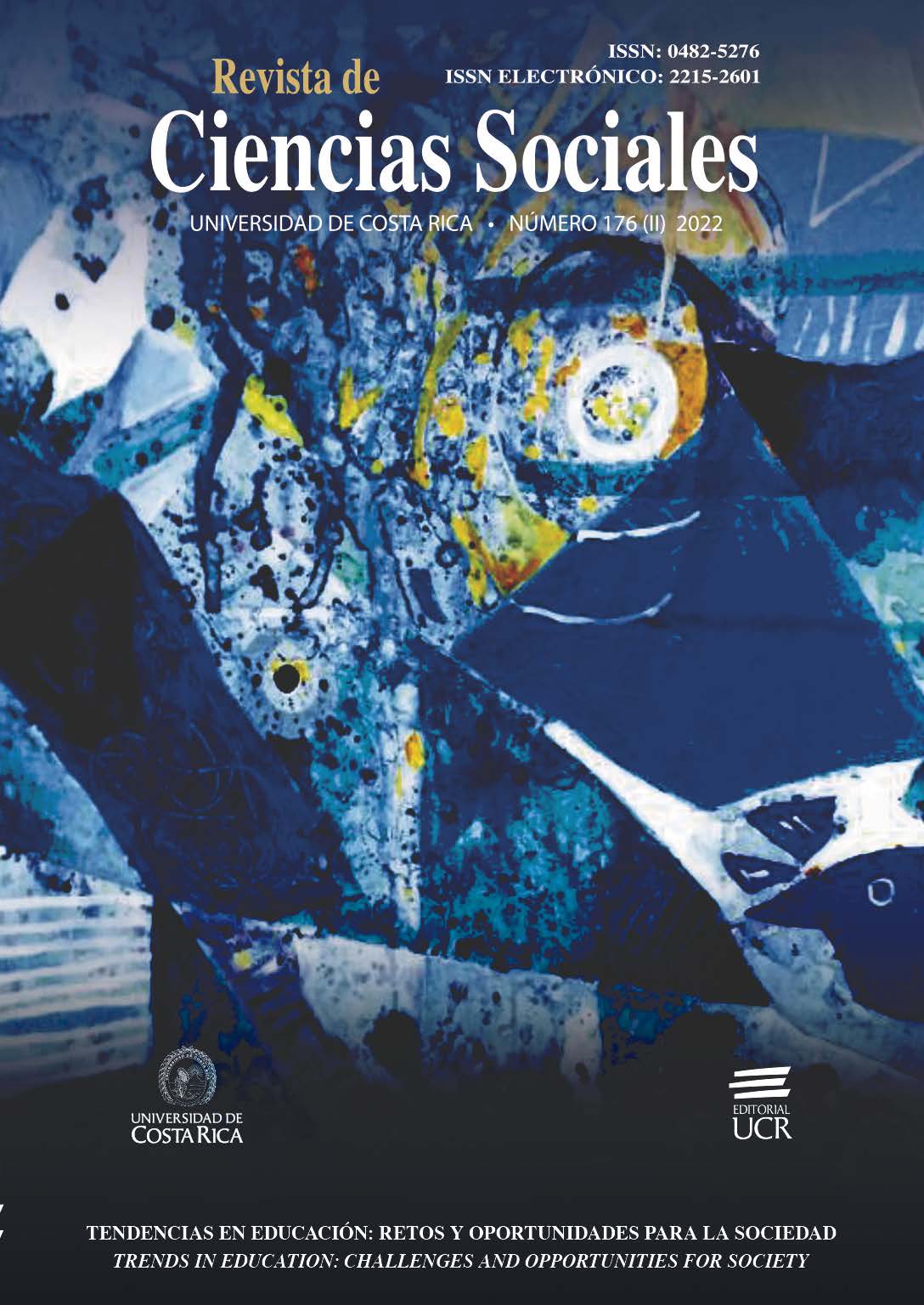Abstract
Female leadership in Amazonian indigenous populations has been marked over the last decades by the socio-environmental conflicts generated by the irruption of extractive
industries. Nevertheless, the presence of women in formal areas of power is still incipient. In 2014, Nuevo Paraíso is one of the five parish governments of the South of the Ecuadorian Amazon chaired by a woman, in this case, a Shuar woman. This article analyzes through conversational techniques, direct observation, and review of scientific literature and official documents of local organizations, how the increase in female participation in this context can complicate political discourses and practices by revealing the need to transform political systems. of internal discrimination that affect women within their cultures.


